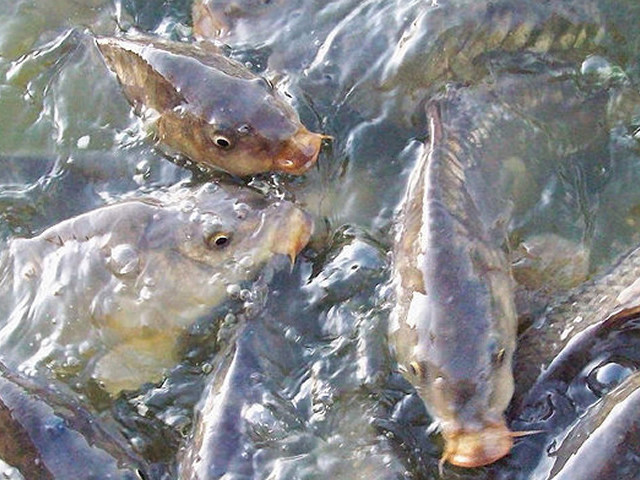Purification and characterization of toxic waste in the aquatic environment using common carp, Cyprinus carpio
Main Article Content
Abstract
The organophosphorus (OP) pesticide (malathion) is used heavily for many crops such as vegetable and cotton to control serious key insecticide in many areas of Egypt. This study has focused on the effect of malathion on aquatic environment and aquatic organisms. The experimental work was carried out using malathion at different dosage of water lasted 96h and was carried out undertaken laboratory conditions. It evaluated the sensitivity of organic toxic waste and their purification techniques for common carp, Cyprinus carpio by determining enzymes activity as biomarker indicators in various organs of the studied fish.
The results showed that exposure to malathion caused a significant increase in enzyme activity and total protein contents in the investigated tissues and inhibition of brain and liver acetylcholinesterase (AChE). Moreover, among the tissues studied, it appeared that the brain, gills and liver were more sensitive to pollution and seemed to be the most appropriate tissues to monitor water pollution by OP pesticides. In this context for environmental biomonitoring, the evaluation of toxic waste purification can be done to assess sensitivity of aquatic organism in recycling water to meet national goals and environmental safety.
Article Details
Issue
Section

This work is licensed under a Creative Commons Attribution-NonCommercial-NoDerivatives 4.0 International License.

